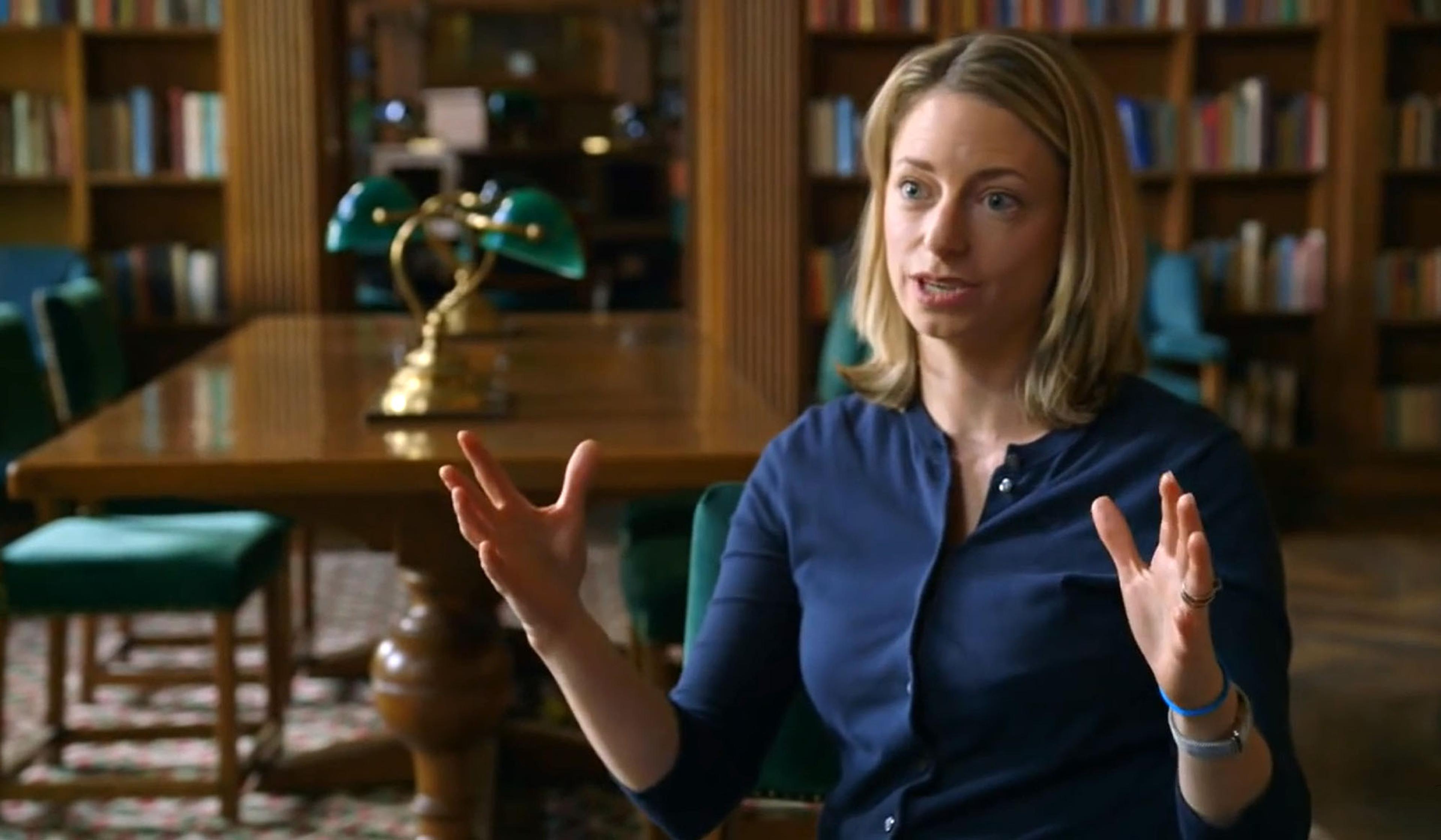Since 1996, the wildly popular Pokémon media franchise has encouraged kids to geek out over its cast of now more than 800 fictional species. For Jesse Gomez, a neuroscientist at Princeton University, the impact of Pokémon video games presents a unique research opportunity. Inspired by his own childhood love of the original Pokémon Red and Pokémon Blue, which reward the Game Boy player for registering small differences between eight-bit renderings of the characters, Gomez developed an experiment to interrogate how the brain processes visual information.
While pursuing a PhD at Stanford University, Gomez presented images of Pokémon to a group of adults who had played the games as kids and another group that hadn’t, and captured fMRI brain images of the results. Ultimately, Gomez found that, when processed by childhood Pokémon players, the images lit up a small groove in the temporal lobe that remained mostly inactive in the brains of Pokémon newbies. This short documentary from NPR’s show Science Friday tracks how Gomez’s work could potentially lead to a better understanding of learning disorders such as dyslexia and, more broadly, how clever psychological experiments can be sparked by personal experience.








